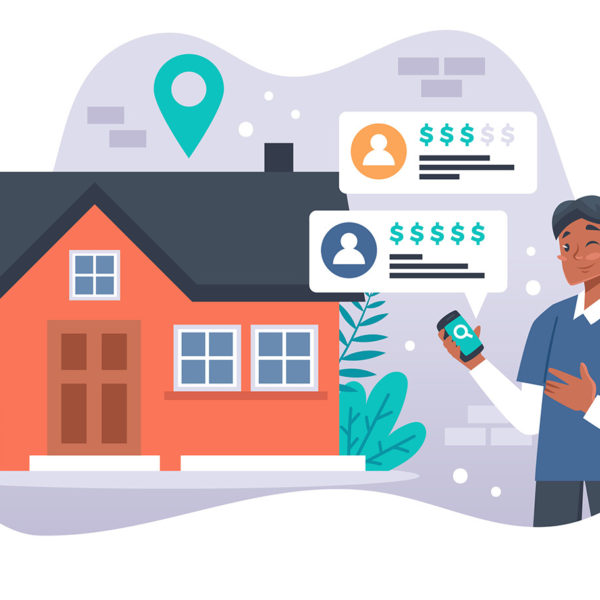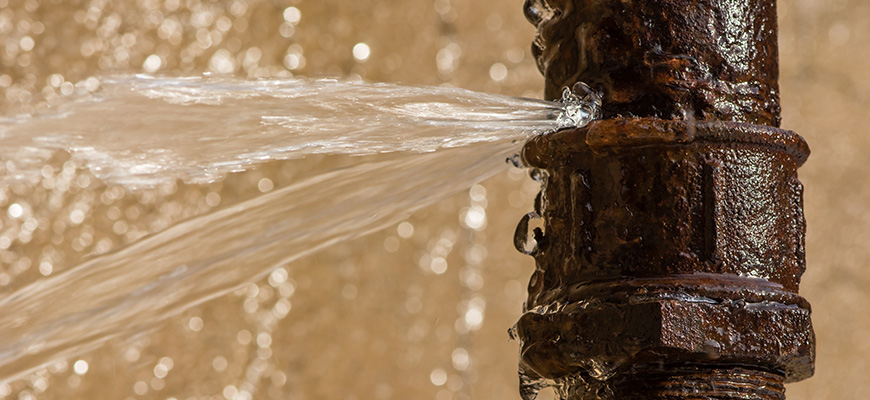Owning a home is a significant investment, and protecting it should be a top priority for every homeowner. One of the most critical aspects of property protection is knowing when and how to shut off your home’s water supply. Water damage can be costly and devastating, often causing irreversible harm to your property. From burst pipes to natural disasters, there are many situations where shutting off your home’s water supply can save you from costly repairs and further damage. In this article, we will explore the importance of shutting off your home’s water supply, when to do it, and how to do it correctly. Whether you’re a seasoned homeowner or a first-time buyer, this guide will provide you with the knowledge you need to protect your property and keep your home safe from water damage.
The Importance of Shutting off Your Home’s Water Supply
Shutting off your home’s water supply is an essential step in protecting your property from water damage. Water damage can occur for a variety of reasons, including burst pipes, flooding, and leaks. If left unchecked, water damage can lead to costly repairs and even health hazards, such as mold growth. By shutting off your home’s water supply, you can prevent water from causing further damage to your property.
Not only can water damage be costly, but it can also be dangerous. If water comes into contact with electrical wiring, it can create a safety hazard for you and your family. Additionally, standing water can create slip and fall hazards, increasing the risk of injury in your home. By shutting off your home’s water supply, you can minimize these risks and protect your property from water damage.
It’s important to note that shutting off your home’s water supply should be done as soon as possible after detecting a problem. Delaying can lead to more significant damage, and in some cases, the damage may be irreversible.
When to Shut Off Your Home’s Water Supply
Knowing when to shut off your home’s water supply is crucial in preventing water damage. There are several situations where shutting off your home’s water supply is necessary, including:
Burst Pipes
Burst pipes can occur for a variety of reasons, including freezing temperatures, wear and tear, and improper installation. If you notice that your pipes have burst, it’s essential to shut off your home’s water supply immediately. This will prevent water from continuing to flow through the pipes and causing further damage to your property.
Flooding
Flooding can occur due to heavy rainfall, natural disasters, or plumbing issues. If you experience flooding in your home, shutting off your home’s water supply can prevent the flooding from getting worse. Additionally, it can prevent contaminated water from entering your home’s plumbing system.
Leaks
Leaks can occur in your home’s plumbing system for a variety of reasons, including worn-out pipes, improper installation, and corrosion. If you notice a leak, shutting off your home’s water supply can prevent the leak from getting worse and causing further damage to your property.
Renovation or Repair
If you’re planning on renovating or repairing your home’s plumbing system, you’ll need to shut off your home’s water supply to prevent any accidents or damage.
How to Shut Off Your Home’s Water Supply
Now that you know when to shut off your home’s water let’s explore how to do it correctly. Shutting off your home’s water supply isn’t difficult, but it does require some knowledge and preparation.
Different Types of Water Shut-Off Valves
There are different types of water shut-off valves, including gate valves, ball valves, and globe valves. Gate valves are the most common type of valve and are typically found near the water meter. Ball valves are newer and more reliable, and globe valves are typically used for regulating water flow.
How to Locate Your Home’s Main Water Shut-Off Valve
Locating your home’s main water shut-off valve is essential in preventing water damage. The main water shut-off valve is typically located near the water meter or where the main water supply enters your home. It’s important to know where this valve is located and how to turn it off in case of an emergency.
Preparing for Emergencies – Creating a Water Shut-Off Plan
Creating a water shut-off plan is essential in preparing for emergencies. Your water shut-off plan should include instructions on how to shut off your home’s water supply and a list of emergency contacts. It’s also a good idea to practice shutting off your home’s water supply so that you’re prepared in case of an emergency.
Common Causes of Water Damage in Homes
Water damage can occur for a variety of reasons. Some of the most common causes of water damage in homes include:
Burst Pipes
Burst pipes can occur due to freezing temperatures, wear and tear, and improper installation. If left unchecked, burst pipes can lead to significant water damage in your home.
Plumbing Issues
Plumbing issues such as leaks and clogs can lead to water damage in your home. It’s important to address these issues as soon as possible to prevent further damage.
Natural Disasters
Natural disasters such as hurricanes, floods, and earthquakes can lead to water damage in your home. It’s important to have a plan in place for these types of emergencies.
Tips for Preventing Water Damage in Your Home
Preventing water damage in your home is essential in protecting your property. Here are some tips for preventing water damage in your home:
Inspect Your Plumbing System
Regularly inspecting your plumbing system can help you identify potential issues before they become more significant problems.
Address Leaks and Clogs Immediately
If you notice a leak or clog in your plumbing system, address it immediately to prevent further damage.
Install Water Detection Devices
Water detection devices can help you identify leaks and other water-related issues before they become more significant problems.
Maintain Your Gutters and Downspouts
Maintaining your gutters and downspouts can prevent water from entering your home and causing damage.
Signs of Water Damage to Look Out For
Water damage can be challenging to detect, but there are signs you can look out for. Here are some signs of water damage to look out for:
Discoloration or Stains on Walls and Ceilings
Discoloration or stains on walls and ceilings can be a sign of water damage.
Musty Odors
Musty odors can be a sign of mold growth, which can occur as a result of water damage.
Warping or Buckling Floors
Warping or buckling floors can be a sign of water damage.
Increased Humidity Levels
Increased humidity levels can be a sign of water damage and can lead to mold growth.
Conclusion – Protecting Your Property with Proper Water Shut-Off Techniques
Protecting your property from water damage is essential in maintaining your home’s value and safety. Knowing when and how to shut off your home’s water supply is crucial in preventing water damage. By following the tips outlined in this article, you can protect your property and keep your home safe from water damage. Remember to practice shutting off your home’s water supply regularly and create a water shut-off plan in case of an emergency. With the right knowledge and preparation, you can protect your property and keep your home safe from water damage.


